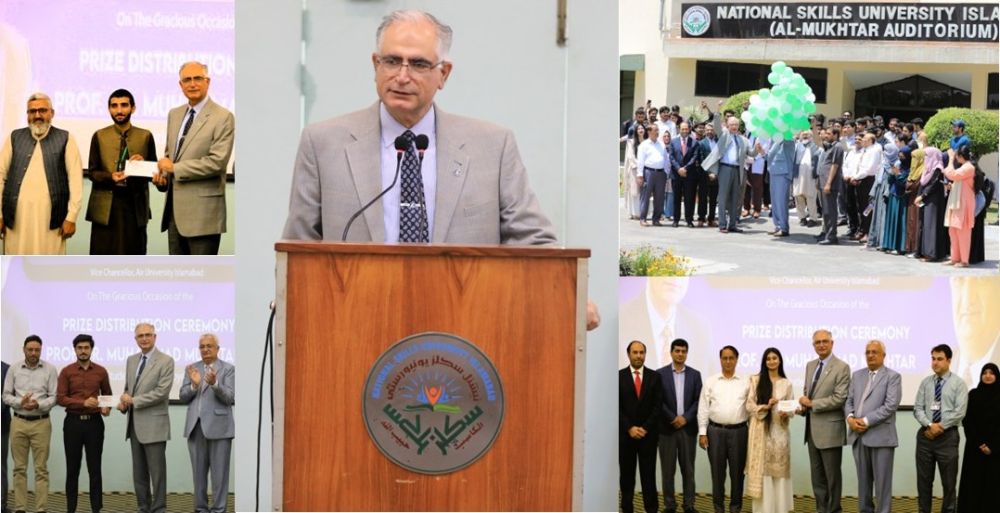56/25 How Should Universities Evolve in the Age of Generative AI?
Posted 10 months ago
The rapid rise of generative artificial intelligence (AI) forces a seismic educational shift, compelling universities to rethink their traditional models. The COVID-19 pandemic was an unprecedented catalyst in accelerating the transition from in-person learning to blended and digitalized education. Generative AI has already landed to be the next and fastest game changer in academia.
Professor Dr. Muhammad Mukhtar, an internationally recognized authority on contemporary education, suggests that skill-based education can be categorized into three major forms:
1) Traditional,
2) Evolving, and
3) Emerging.
According to him, the most striking transformation is the leap from Traditional to Emerging, largely mediated by AI. In a UNESCO report he co-authored, "The Future of TVET - A Scenario-Based Study of the Trends and Future Strategic Directions Driving the Evolution of the Sector", Dr. Mukhtar and his colleagues across the globe forecasted the landscape of education in 2050. However, he now asserts that what was once envisioned for the mid-21st century is set to materialize before 2030 due to the accelerated impact of AI.
This unprecedented speed of change demands immediate action. Universities across the globe must embrace AI-driven evolution, and educational governance bodies must align their policies with these new realities. Any delay in adaptation risks obsolescence. Higher education institutions that fail to recognize the urgency of this moment will struggle to stay relevant.
History provides a powerful lesson in adaptation. A widely referenced article on hybrid warfare cites the Italian military strategist Giulio Douhet, who asserted, "Victory smiles upon those who anticipate the changes in the character of war, not upon those who wait to adapt themselves after the changes occur." The same principle applies to the battle for educational relevance in the AI age. Universities must act swiftly and decisively, shifting their curricula and teaching methodologies to align with what employers seek, thereby ensuring their continued relevance in a rapidly changing world.
Traditional academic structures, while valuable, no longer suffice in an era where AI is reshaping industries at an exponential rate. Institutions must prioritize fostering adaptability, critical thinking, and AI literacy. This shift should be reflected in all aspects of the institution, from faculty development and student engagement strategies to governance frameworks.
The future belongs to those who proactively shape it. Universities that embrace AI-driven educational models today will lead tomorrow's knowledge economy. Those that hesitate risk falling behind in an irreversibly transformed world, but those who act now have the potential to thrive in this new era.





